|
Roughly 2 million research articles were published last year, but much of this knowledge is paywalled – with access granted only to the few who can afford steep subscription fees.
Even well-funded universities can’t guarantee access to everything that’s published. The paywall system is entrenching inequality and discrimination in the scientific community, and it can lead to public mistrust in research.
The antidote to this problem is the ever-growing open access movement. Since the start of this century, it has fostered great advances in making research free for anyone on the internet to read. In a huge step forward, the White House has now announced all taxpayer-funded research in America must be made freely accessible by the end of 2025.
This move will tremendously benefit people worldwide, and we can expect it to be a catalyst for policy changes globally. This includes Australia, where, according to the director of Open Access Australasia Virginia Barbour, we don’t yet have a national open access approach.
|

|
Signe Dean
Science + Technology Editor
|
|

Virginia Barbour, Queensland University of Technology
Lack of free access to research leads to discrimination, both in academia and for us all. The new guidance from the US is a huge step in the right direction.
|
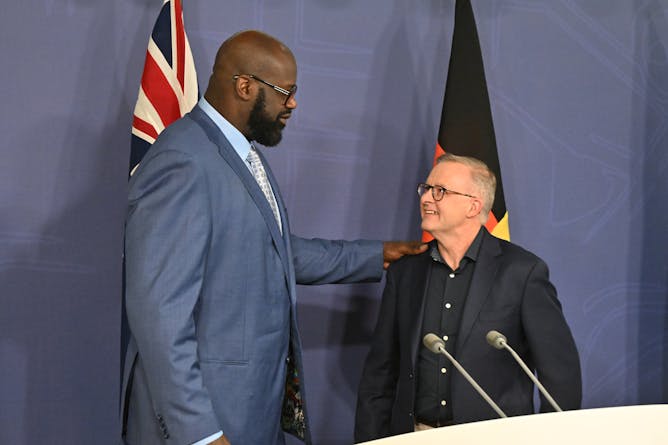
Keith Rathbone, Macquarie University; Averill Gordon, Auckland University of Technology
Is the Albanese government’s decision to bring NBA star Shaquille O'Neal in on Indigenous reform inspired or ‘cultural cringe’?
|

Vlado Vivoda, The University of Queensland
If the fuel excise cut is not extended, average petrol prices in Australia will almost certainly return to the above $2 territory by early October. But a different solution is needed.
|
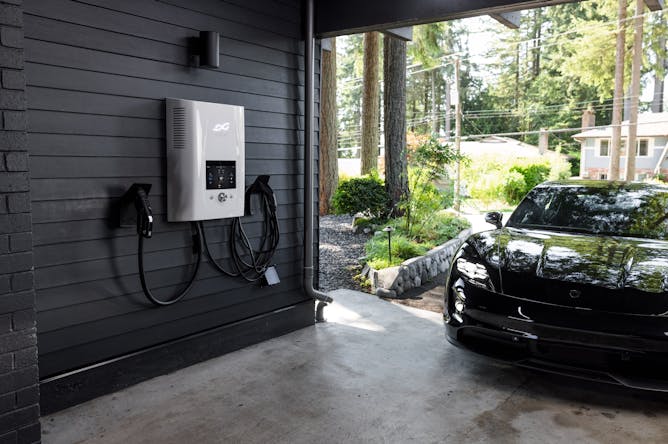
Gill Armstrong, Climateworks Centre; Alan Pears, RMIT University; Margot Delafoulhouze, Climateworks Centre; Trivess Moore, RMIT University
The first upgrade to minimum energy-efficiency standards in a decade will cut emissions and energy costs for the 5.5 million houses to be built by 2050. Retrofitting homes is an equally urgent task.
|
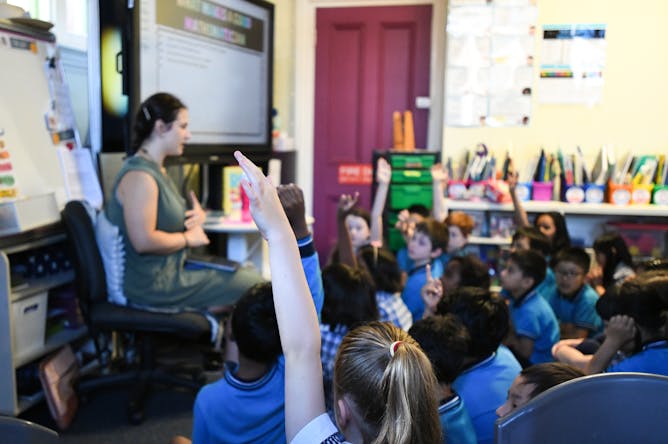
Beryl Exley, Griffith University; Donna Pendergast, Griffith University
Two teacher educators look at how we can keep students in teaching degrees. Reimbursing them for professional placements in schools would be a start.
|

Roy Robins-Browne, The University of Melbourne
Most antibiotics work by killing bacteria. But this also helps them to become resistant. If we render bacteria harmless to us, rather than kill them, it’s a win-win.
|
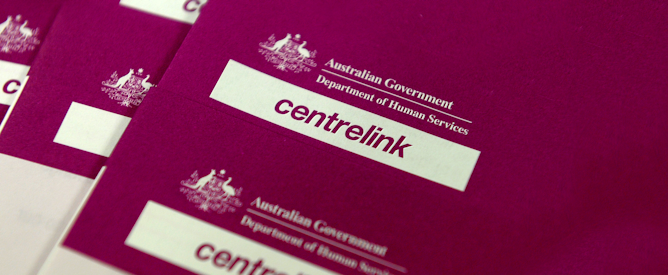
Darryl Gobbett, University of Adelaide; Michael O'Neil, University of Adelaide
Many of the 2.5 million Australian retirees on the age pension would like to work, but only a fraction do – partly because it can mean losing some of their pension.
|
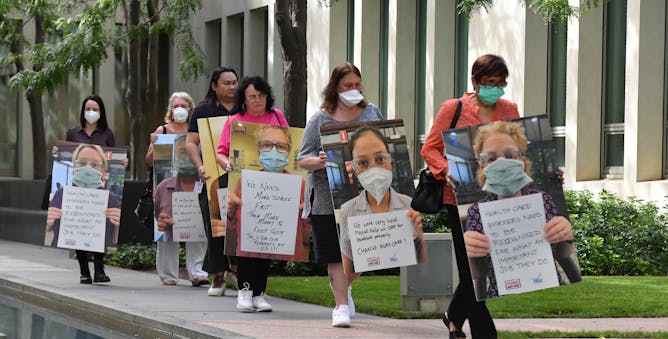
Anthony Forsyth, RMIT University
The trade union movement’s proposal to allow ‘multi-employer’ collective bargaining has won crucial support from small business advocates.
|

Helena Gjone, Griffith University
Russian artists are finding an artistic home in Kirkenes, a small Norwegian town 15 kilometres from the Russian border.
|
Politics + Society
|
-
Carolyn Holbrook, Deakin University
Australia has a great story to tell about its democracy – recent events have shown the importance of understanding and celebrating that.
-
Mark Jennings
Not only is the claim that sexuality is central to Christian orthodoxy dubious, but it’s unclear same-sex sexuality has always been condemned by the church.
-
Melissa Conley Tyler, The University of Melbourne
The new government’s focus on international engagement has allowed Australia to reset important relationships abroad.
-
Adrian Beaumont, The Conversation
There is still three months to go until the Victorian election, but the Labor government remains in a very strong position.
|
|
Health + Medicine
|
-
Sarah Pitt, University of Brighton
Swabs from two children in the UK reveal the cause of the ‘mysterious illness’.
-
Clare Collins, University of Newcastle
A major review found specific supplements or food components were unlikely to lead to significant improvements in stiffness, pain and function.
|
|
Science + Technology
|
-
Gretchen Benedix, Curtin University
Why is humanity going back to the Moon after 50 years? Because we can, and we should.
|
|
Environment + Energy
|
-
Guangyi Pan, UNSW Sydney; Hao Yang, University of Newcastle
China is in the midst of a devastating heatwave and drought. This has thrown the nation into an electricity crisis. And China has doubled down on coal investments to meet demand.
-
Milena Bojovic, Macquarie University
Synthetic milk offers dairy milk without the concerns such as methane emissions or animal welfare. But is it the whey forward?
-
Ralf Buckley, Griffith University; Alienor Chauvenet, Griffith University
Wilderness gives our mental health a real boost. But growing private interests in national parks are stopping those less well off from free nature therapy.
-
Matthew Hall, Te Herenga Waka — Victoria University of Wellington; Ingrid O'Sullivan, Te Herenga Waka — Victoria University of Wellington
New Zealand has no mandatory measures to prevent the bycatch of turtles. This is in stark contrast to Hawai'i, which has reduced its turtle bycatch by 90% using various mitigation measures.
|
|
Arts + Culture
|
-
Leigh Carriage, Southern Cross University
After 45 years together the B-52’s have announced they are unplugging and de-wigging for their final US tour - a look back on an iconic and influential band.
|
|
Books + Ideas
|
-
Julian Novitz, Swinburne University of Technology
The Gothic horrorshow of Ottessa Moshfegh’s latest novel has sharply divided critical opinion.
-
Catie Gressier, The University of Western Australia
Sam Vincent’s new book is a comic portrait of a farming apprenticeship, an interrogation of industrial agriculture and an example of how farmers are connecting with the land’s traditional owners.
|
|
| |
|
|
|
The Conversation AU
Melbourne VIC, Australia
•
Full Time
|

|
|
University of Tasmania
Launceston TAS, Australia
•
Full Time
|

|
|
Australian National University
Canberra Australian Capital Territory, Australia
•
Full Time
|

|
|
|
|
| |
| |
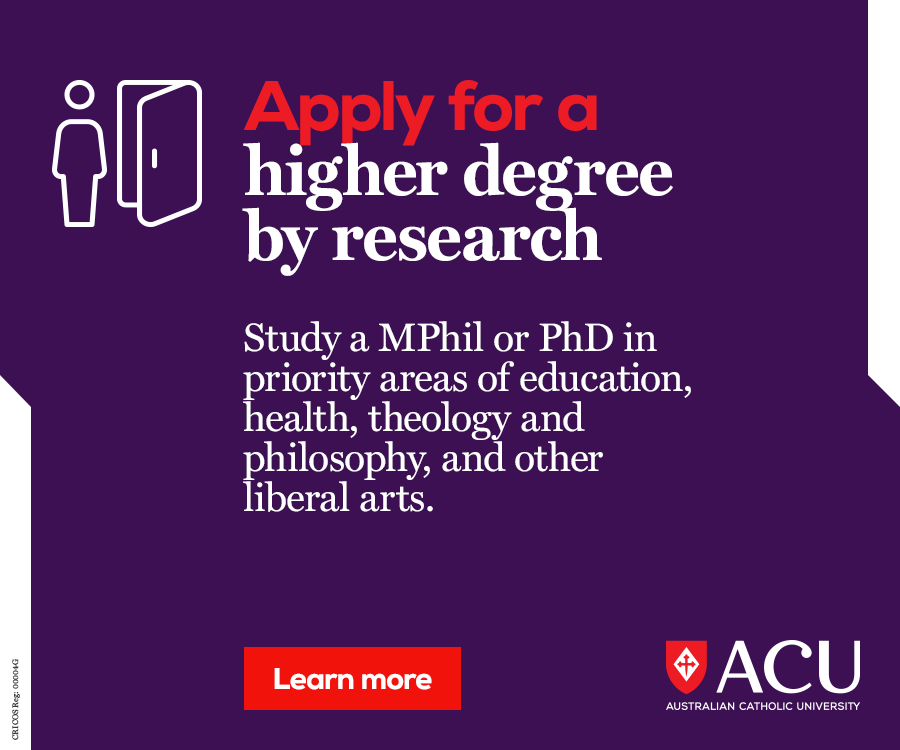
|
| |
| |
| |
Featured Events, Courses & Podcasts
|
View all
|
|
1 - 2 September 2022
•
Perth
|

|
5 September 2022
•
Melbourne
|

|
5 - 9 September 2022
•
Carlton
|
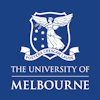
|
8 September - 13 October 2022
•
Workshop
|

|
|
|
|
| |
| |
| |
| |
| |
|
|